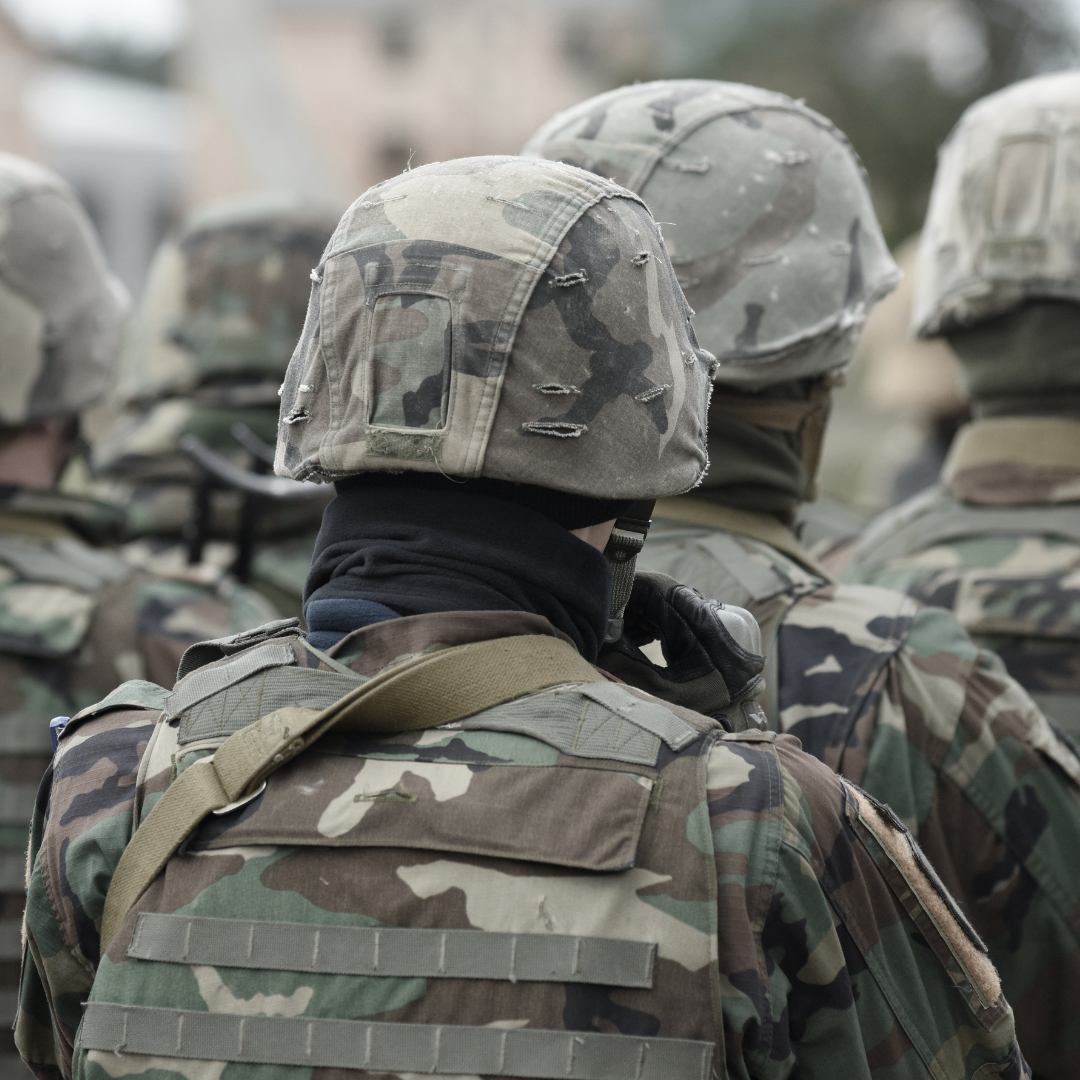The Translation Gap: Why we're missing opportunities
Posted on: 21/08/2025
Thought Leadership
In the second article in our series focusing on veterans, Rachael Simpson focuses on how veterans bring resilience, leadership, and adaptability—yet public sector recruitment often overlooks their potential. She explores the barriers that hold veterans back and sets out practical steps HR teams can take to bridge the gap and strengthen public services.
By Rachael Simpson Chartered FCIPD, Principal Consultant HR
So, with all these valuable capabilities, why are so many veterans still struggling to find roles that match their potential? And more importantly, why are public sector organisations missing out on this talent?
From experience, several barriers persist:
Firstly, there's the language barrier. Military terminology and civilian workplace language often differ dramatically, creating a translation problem. When a veteran says, “managing a unit’s logistics requirements,” how many hiring managers instantly recognise that as “overseeing supply chain and resource allocation for a team of 30 professionals”?
If we fail to make that connection, how much talent are we unconsciously discarding? Secondly, qualification recognition remains problematic. Military training may not result in the specific certifications HR departments scan for, despite developing equivalent or superior capabilities.
Thirdly, unconscious bias creates friction. Some recruiters may still carry outdated stereotypes about military personnel being rigid or unsuited to collaborative environments, precisely the opposite of modern military training that emphasizes adaptability and teamwork.
Finally, standard application processes often fail to capture the depth and relevance of veterans' experiences. Traditional CV formats and interview approaches may not allow veterans to effectively showcase their transferable skills.
Bridging the Gap: A path forward
Several practical steps can transform this situation:
1. Redesign recruitment through a skills lens
Public sector HR departments should consider reviewing how they evaluate candidates. Skills-based recruitment that looks beyond formal qualifications to assess capabilities potentially can unlock this hidden talent pool. This means developing "translation guides" for hiring managers to understand military experience, creating application routes that assess demonstrated capabilities rather than just formal credentials, and training interviewers to explore transferable skills effectively. If we don’t adapt, we’ll continue to miss out.
2. Create supportive integration pathways
It's not enough just to recruit veterans, organisations need to support their transition and development. For example, developing and using mentoring programmes that connect new veteran hires with more experienced veterans already established in public sector careers. These relationships provide both practical guidance and emotional support during what can be a significant cultural adjustment. Identifying targeted professional development that helps veterans translate their existing skills to civilian contexts while acquiring new sector-specific knowledge to accelerate their integration and impact. The question is: will we simply hire veterans, or will we truly set them up to succeed?
3. Build strategic partnerships
Successful approaches involve proactive partnerships with organisations like the Career Transition Partnership (CTP), military charities, and veterans' networks. Offering work shadowing opportunities for transitioning personnel, participating in military employment events, and even establishing formal recruitment pipelines from the armed forces. If we aren’t at these tables, we can’t expect veterans to walk through our doors.
Where Veterans are already making a difference
Looking across the public sector landscape, you can see veterans already making significant contributions in several areas: In healthcare, veterans with medical experience bring valuable crisis management skills to emergency departments and leadership capabilities to clinical teams.
The NHS Step into Health programme has been effective in creating pathways for veterans without clinical backgrounds into operational management, logistics, and support services. Emergency services benefit enormously from veterans' operational experience. Their structured approach to incident management and ability to remain calm under pressure makes them invaluable in police forces, fire services, and emergency planning departments.
Local government faces increasingly complex challenges with constrained resources, precisely the conditions veterans are trained to navigate. From housing services to environmental health and community support, veterans' project management skills and service ethos enhance delivery teams. The Civil Service values veterans' strategic thinking capabilities alongside their implementation focus.
Policy development, programme management, and operational delivery all benefit from the practical, outcome-focused approach that veterans bring.In the last piece of this 3 part series, we’ll explore how harnessing veterans’ skills can do more than fill vacancies, it can strengthen public services, tackle complex challenges, and deliver lasting impact for our communities.
If you missed the first article in this series, you can catch up here: From the frontline to public service: why veterans could be the public sector’s untapped talent
If you’d like to explore how our HR team can support you, just get in touch.


